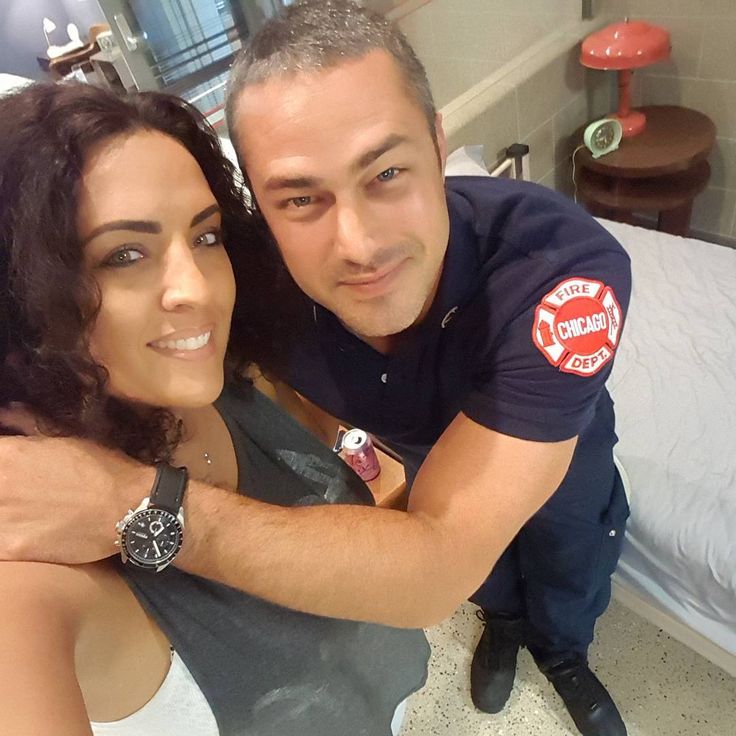
If you’re like most Chicago Fire fans, you probably tuned in to Season 13 expecting fireworks, especially with all the teasers about Archer’s emotional unraveling. Instead, we got… a sparkler that barely fizzled. So, what happened? Why did Archer’s big Med moment feel so hollow? Let’s break it down.

Setting the Scene – Archer’s Big Breakdown
Building Anticipation for Archer’s Collapse
From the get-go, the showrunners hyped up Archer’s storyline. Promos teased a life-altering event that would shake him to the core. Naturally, expectations shot through the roof.
The Actual Meltdown – What Viewers Saw
When the moment finally arrived, Archer crumbled under the pressure. But instead of feeling emotionally gut-punched, many fans were left scratching their heads or, worse, checking their phones.
Why Archer’s Breakdown Didn’t Land
Lack of Emotional Investment
We just didn’t know enough about Archer on a deep level. Unlike beloved characters like Casey or Severide, Archer’s personal backstory wasn’t fleshed out enough for audiences to truly care.
Rushed Storytelling Hurt the Impact
The buildup to his breakdown felt rushed. One minute he’s grumpy, the next he’s sobbing. Where was the slow burn? The careful character crafting?
Emotional Disconnect with the Audience
Without solid emotional breadcrumbs leading up to his downfall, viewers had no reason to feel empathy. It’s like being handed a tissue before you even know why you’re supposed to cry.
Character Development Matters – And It Was Missing

Compare Archer to Past Character Arcs
Think about Cruz’s panic attacks or Severide’s battles with grief. Those storylines built up over seasons, making the emotional payoff massive. Archer? Not so much.
The Problem with Newer Characters
Newer faces need double the effort to gain audience loyalty. Archer’s character was introduced without enough bonding moments with fans. So when he fell apart, it didn’t feel like a tragedy—it felt like a blip.
Writing and Pacing Missteps
Fast-Forwarding Through Trauma
Instead of letting the trauma simmer and reveal itself naturally, the writers jumped straight to the meltdown. It’s like skipping to the climax of a book without reading the middle.
Missed Opportunities for Deeper Moments
There were so many opportunities to show Archer struggling silently, reaching out for help, or bottling up emotions. Those missed moments could’ve made his eventual collapse heartbreaking.
Audience Expectations vs Reality
Fans Wanted Complexity, Not Just Drama
Today’s TV audiences crave complex emotional journeys. We want to feel every crack in a character’s armor, not just watch them break without warning.
Emotional Storylines Need to Earn Their Payoff
Without earning it, even the most intense breakdowns fall flat. Archer’s meltdown felt unearned because the emotional groundwork wasn’t properly laid.
How Chicago Fire Could Have Fixed It
More Flashbacks to Archer’s Past
Imagine if we had seen snippets of Archer’s traumatic experiences? Flashbacks could have created a bridge between his tough exterior and his hidden pain.
Slower, Richer Storytelling
Giving Archer more subtle signs of stress over several episodes would’ve made the audience feel like they were part of his unraveling journey.
The Bigger Problem in TV Writing
The Pressure to Create Viral Moments
Nowadays, shows often chase viral moments instead of authentic storytelling. Archer’s breakdown felt like a ploy for shock value, not an organic character beat.
Losing the Heart of the Story
In trying so hard to create drama, sometimes shows forget what made audiences fall in love in the first place: genuine, relatable human stories.
Can Archer’s Story Be Salvaged?
Future Redemption Arcs
It’s not too late! Archer could still get a meaningful redemption arc that dives deeper into his struggles.
More Character Interactions
Pairing Archer with well-loved characters and letting relationships develop could slowly rebuild fan loyalty and investment.
Final Thoughts – Lessons Learned from Archer’s Meltdown

Ultimately, the way Chicago Fire handled Archer’s big moment is a reminder that emotional payoff can’t be forced. It needs time, patience, and most importantly—heart. If the writers want fans to invest emotionally, they’ll have to put in the emotional work, too.
Conclusion
Archer’s emotional meltdown had all the ingredients for a powerful moment but was let down by rushed storytelling, lack of character development, and a clear emotional disconnect. If Chicago Fire wants to avoid similar flops in the future, the solution is simple: slow down, deepen the characters, and let emotions unfold naturally. Because when it comes to human stories, shortcuts just don’t work.
